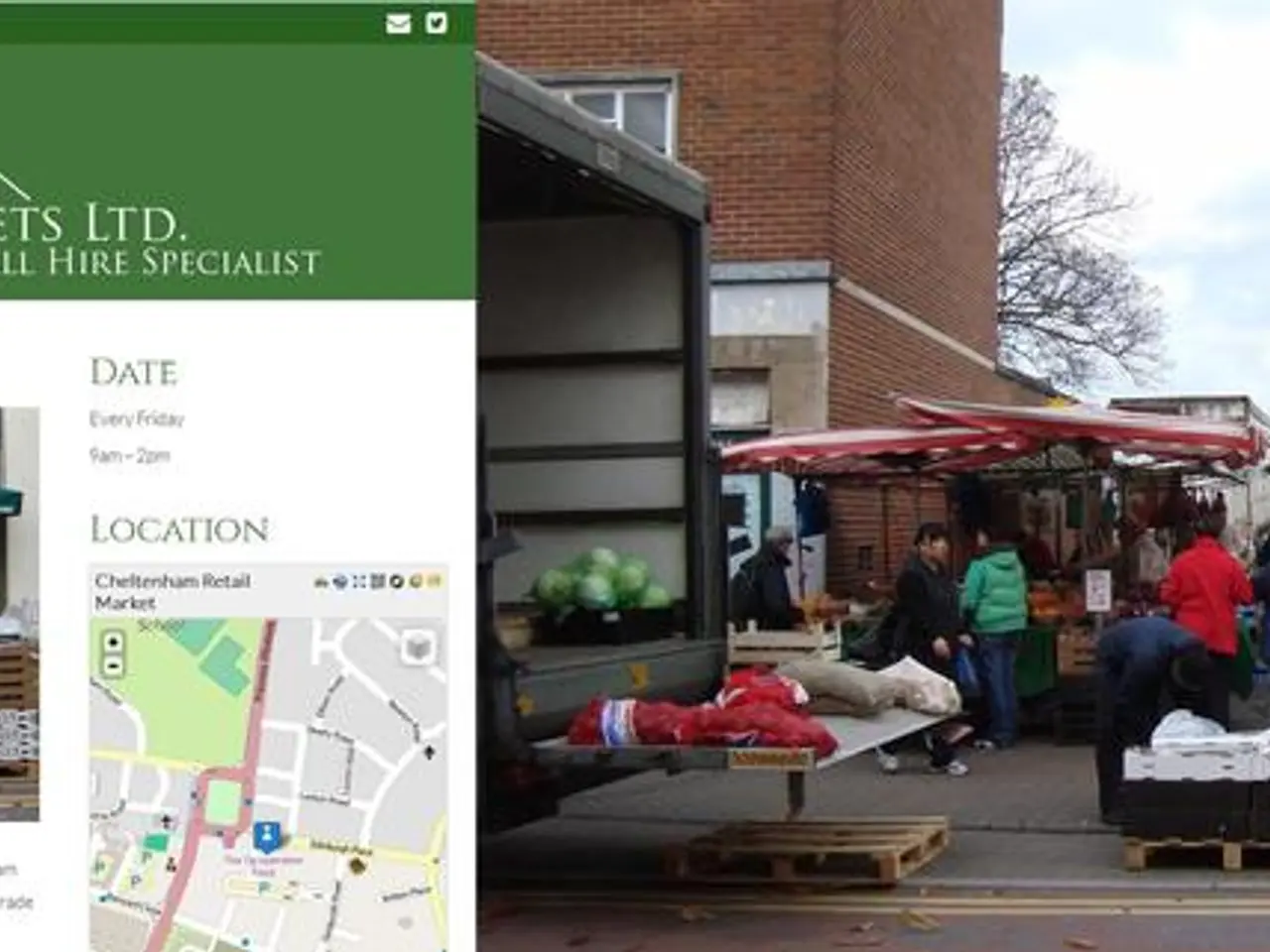Resistance from Nigerian states to a nationwide gambling structure
The Central Gambling Bill, a proposed legislation aiming to centralize gambling regulation in Nigeria, is currently facing significant opposition and legal hurdles.
On one side, the Federation of State Gaming Regulators of Nigeria (FSGRN) stands firm against the bill, defending the decentralized system currently in place. The FSGRN argues that the bill contradicts a Supreme Court ruling from November 2024, which reaffirmed that only individual State Governments have the authority to oversee gambling within their jurisdictions.
The Supreme Court ruling from November 2024 has further reinforced the stance of state regulators, underscoring the autonomy of states in regulating gambling activities. This ruling effectively challenges the bill’s centralizing ambitions.
As a result, the Central Gambling Bill has not advanced towards full enactment and remains contested in the political and judicial arenas. The FSGRN continues to assert their rights, preventing the bill’s implementation as of July 2025.
The Central Gambling Bill, if passed, would introduce a unified national gambling framework, aiming to regulate all gambling activities, including online, land-based, and lottery, across Nigeria's federal regions and recognized territories. It also proposes the creation of a National Gaming Commission, which would have the power to issue and revoke gambling licenses.
However, the bill includes measures that the FSGRN contends violate the Supreme Court's ruling and the 1999 Nigerian constitution. The FSGRN's opposition to the bill is not unique, as the Betting Control and Licensing Board in Kenya has also issued a directive permanently prohibiting celebrities and influencers from featuring in any form of gambling promotion.
In a related development, a 30-day ban on gambling advertising was imposed in Kenya in May. These regulatory actions highlight the growing concern over the role of gambling in society and the need for stricter regulations.
Despite these challenges, the Central Gambling Bill has passed its Third Reading in the National Assembly. However, no reports indicate that the bill has been successfully passed or implemented beyond this opposition stage as of July 2025.
The ongoing debates and legal challenges surrounding the Central Gambling Bill underscore the complexity of reforming gambling regulations in Nigeria, a country with a diverse federal structure and a rich cultural heritage.
- The controversy surrounding the Central Gambling Bill extends beyond Nigeria, with the Betting Control and Licensing Board in Kenya also voicing opposition to similar legislation, as seen in their permanent ban on celebrities and influencers from promoting gambling.
- The proposed changes in gambling regulation, as outlined in the Central Gambling Bill, come at a time when concerns about the industry's impact on society are growing, with Kenya recently imposing a 30-day ban on gambling advertising in May, demonstrating a need for stricter regulations on a broader scale.




